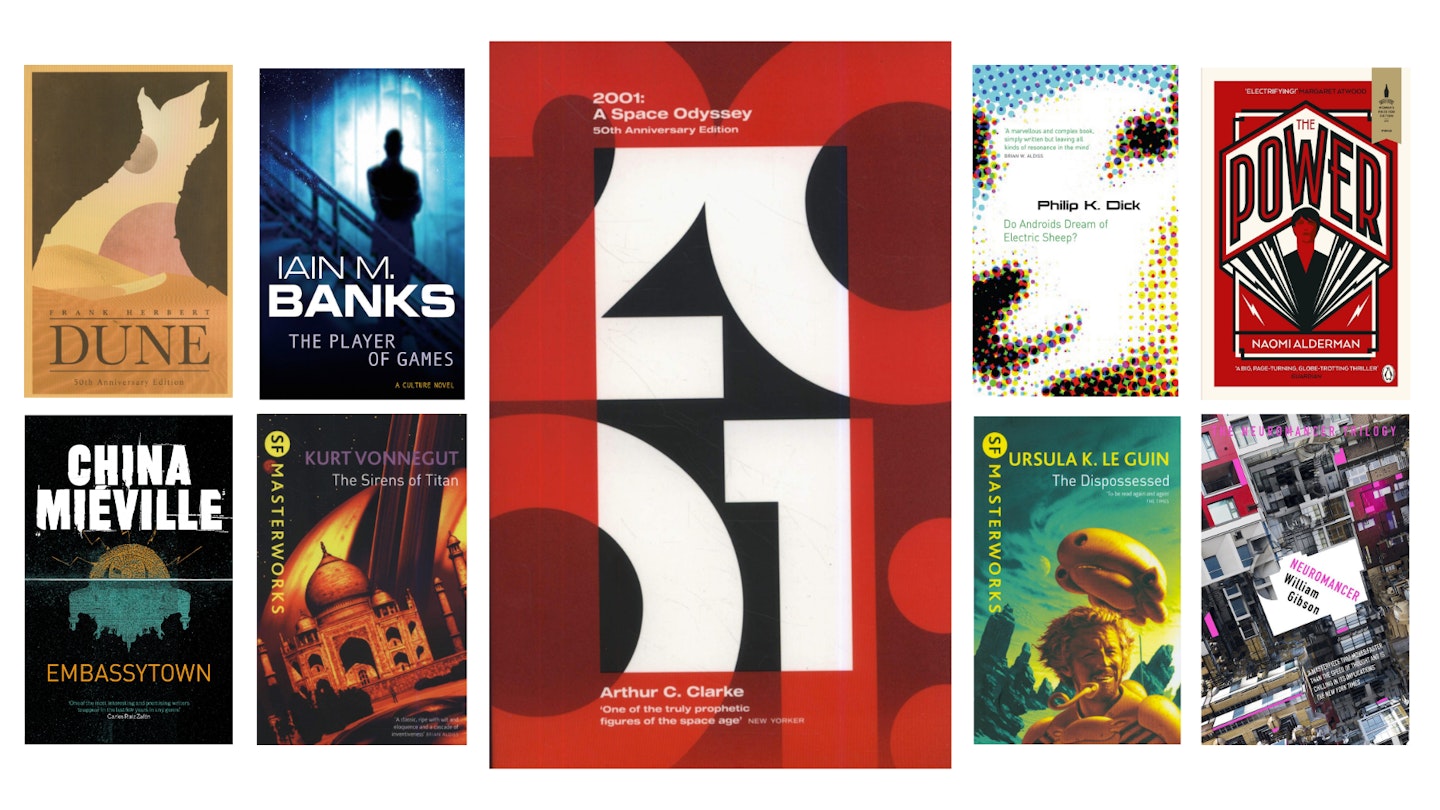Sci-fi literature is an epic genre in every sense. Not only are the tales themselves heroic feats of imagination and storytelling, but the vast quantity and quality of the titles available in the genre is mind-boggling. Sci-fi books cover a wide array of subject matters and themes, exploring the far reaches of pretty much everything, from space, time and even the human mind.
Despite its larger-than-life parameters, we’ve decided to set ourselves the impossible task of selecting only 15 of the greatest sci-fi novels around. In our selection, you’ll come across some recognisable titles from pioneers like Frank Herbert and Philip K. Dick, a few deeper cuts from lesser known names who’ve flown under the mainstream radar, and even one or two who’re promising to carry the good work of sci-fi long into the future.
Whether you’re looking to step into reading the genre for the first time, or you’re a veteran looking for a title that may have passed you by, here are the sci-fi books you can’t go without.
Just so you know, while we may receive a commission or other compensation from the links on this page, we never allow this to influence product selections.
The Best Sci-Fi Books
 1 of 19
1 of 19Do Androids Dream Of Electric Sheep? by Philip K. Dick, 1968
Plot: San Francisco, 1992. The Earth has been ravaged by World War Terminus and is now an inhospitable polluted wasteland, though salvation is promised to anyone who can be accepted into an off-world colony. Rick Deckard is an Earth-dwelling bounty hunter who desires nothing more than a real sheep, the pinnacle of material wealth, and given the chance to fulfil his desires by 'retiring' a group of intelligent revolutionary Nexus-6 androids, who are in hiding following a violent uprising. Read it because: This book is a bizarre and superb sci-fi tale in which the prolific Philip K. Dick simultaneously flexes his technological creativity and ponders philosophical questions surrounding AI, sentience and empathy. Dick's idiosyncratic writing style doesn't diminish or detract from the pertinence of his imagination, nor the importance of his literary output, and though Do Androids Dream Of Electric Sheep? can at times be overshadowed by Ridley Scott's 1982 adaptation, Blade Runner, the novel is a masterclass in sci-fi wonderment.
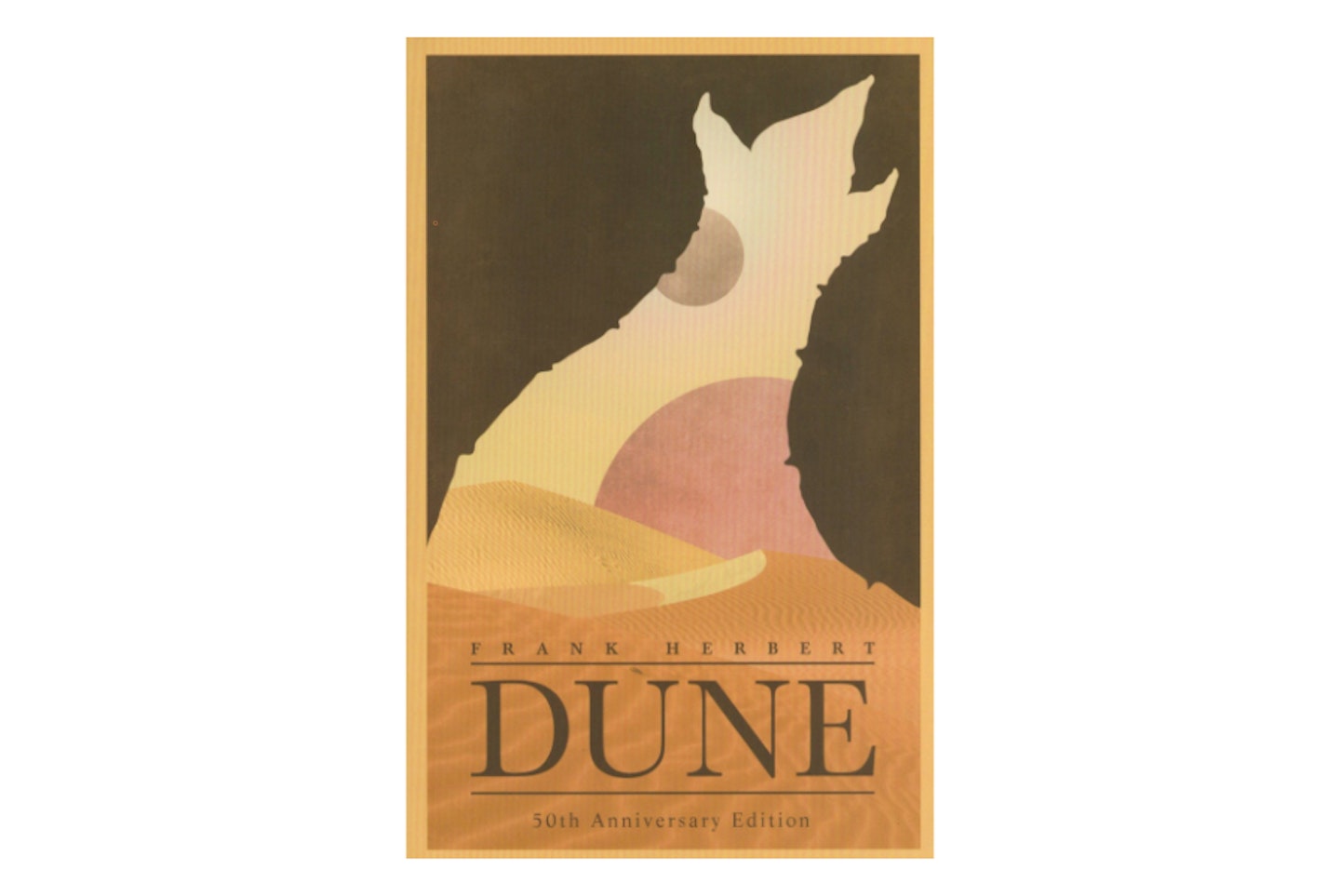 2 of 19
2 of 19Dune by Frank Herbert, 1965
Plot: On the orders of the Padishah Emperor, House Atreides take on the stewardship of Arrakis, the desert planet, to oversee the harvesting of the valuable drug melange. The Duke and his loyal entourage suspect that the interstellar Empire has ulterior motives in assigning them this controversial and highly contentious role. Their suspicions are soon confirmed, and the high ranks of the Atreides family find themselves scattered, hunted and in hiding. Read it because: Dune is a novel which owes as much to science fiction as it does fantasy, with Frank Herbert seamlessly melding para-physical mysticism with scientific experimentation, anarchist desert warriors with prison-planet armies, and feudalism with interstellar politics. Herbert's epic tome is a classic of the sci-fi genre and was the winner of the first ever Nebula Award for Best Novel in 1966. The novel and vast scope of the Dune universe (or Duniverse) spawned a number of sequels and prequels, written by both Herbert and others, including his son Brian Herbert. Give it a read (or a re-read) before watching Denis Villeneuve's blockbuster adaptation.
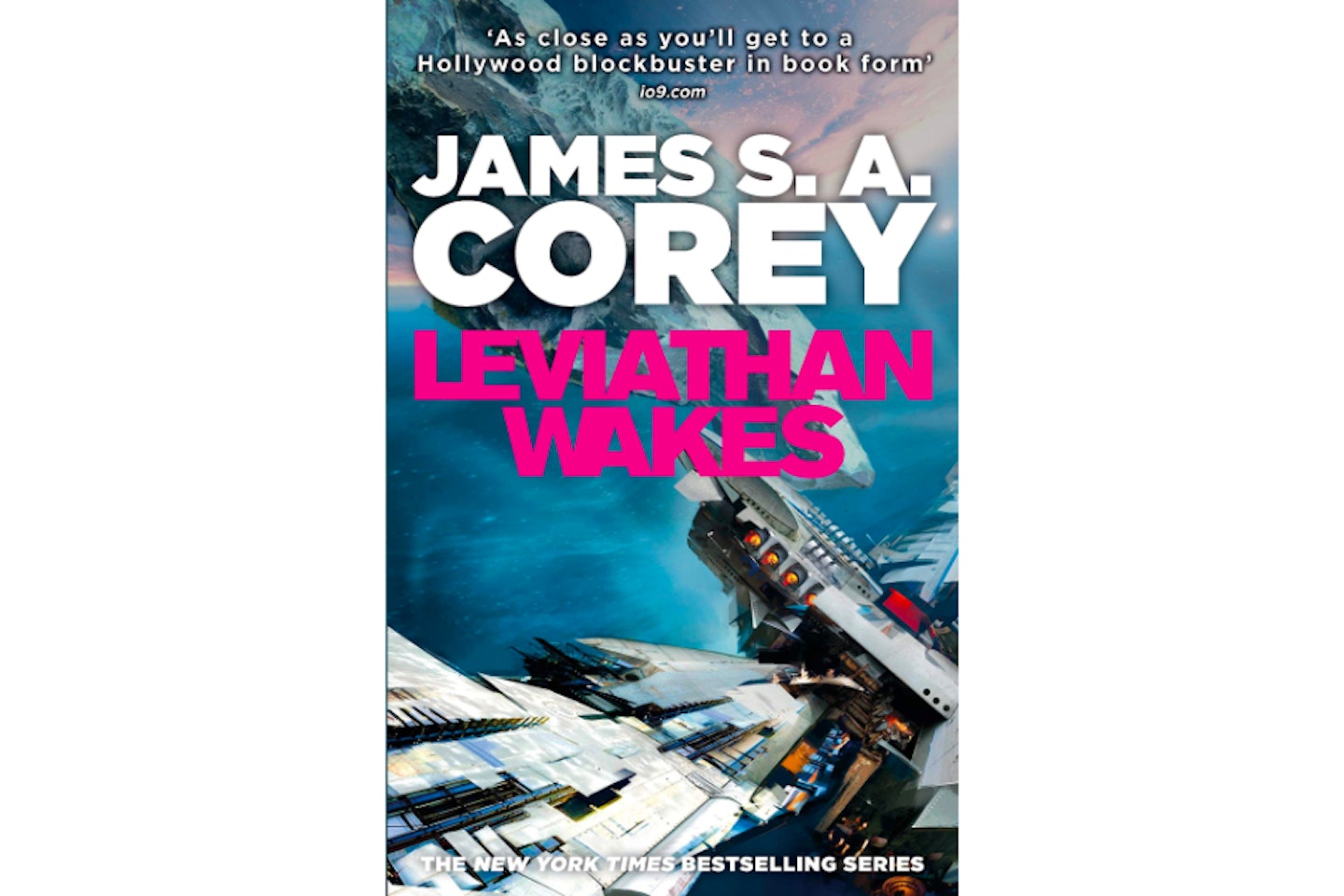 3 of 19
3 of 19Leviathan Wakes (Expanse, Book One) by James S.A Corey, 2011
Plot: Humanity has colonised the solar system, though relations between Mars, Earth and the asteroid belt are fraught. The fabric of these alliances takes on a conspiratorial edge when ex-UN grunt Jim Holden finds himself in possession of a system-altering power and the accidental frontman for a rag-tag crew of Martians, Earthers and Belters. Read it because: The world of the Expanse series is complex. It's the tangled web of geo-politics writ large. However, dual-penned by Daniel Abraham and Ty Franck under the name James S.A Corey, understanding and enjoying the universe is never an issue. While space-racism and political intrigue abounds, the characters keep the narrative grounded and consequences clear. Though the Amazon Prime series is a highly successful and accomplished adaptation of the novel series, there's enough extra intrigue and detail here to make it worth reading for even the most avid viewer.
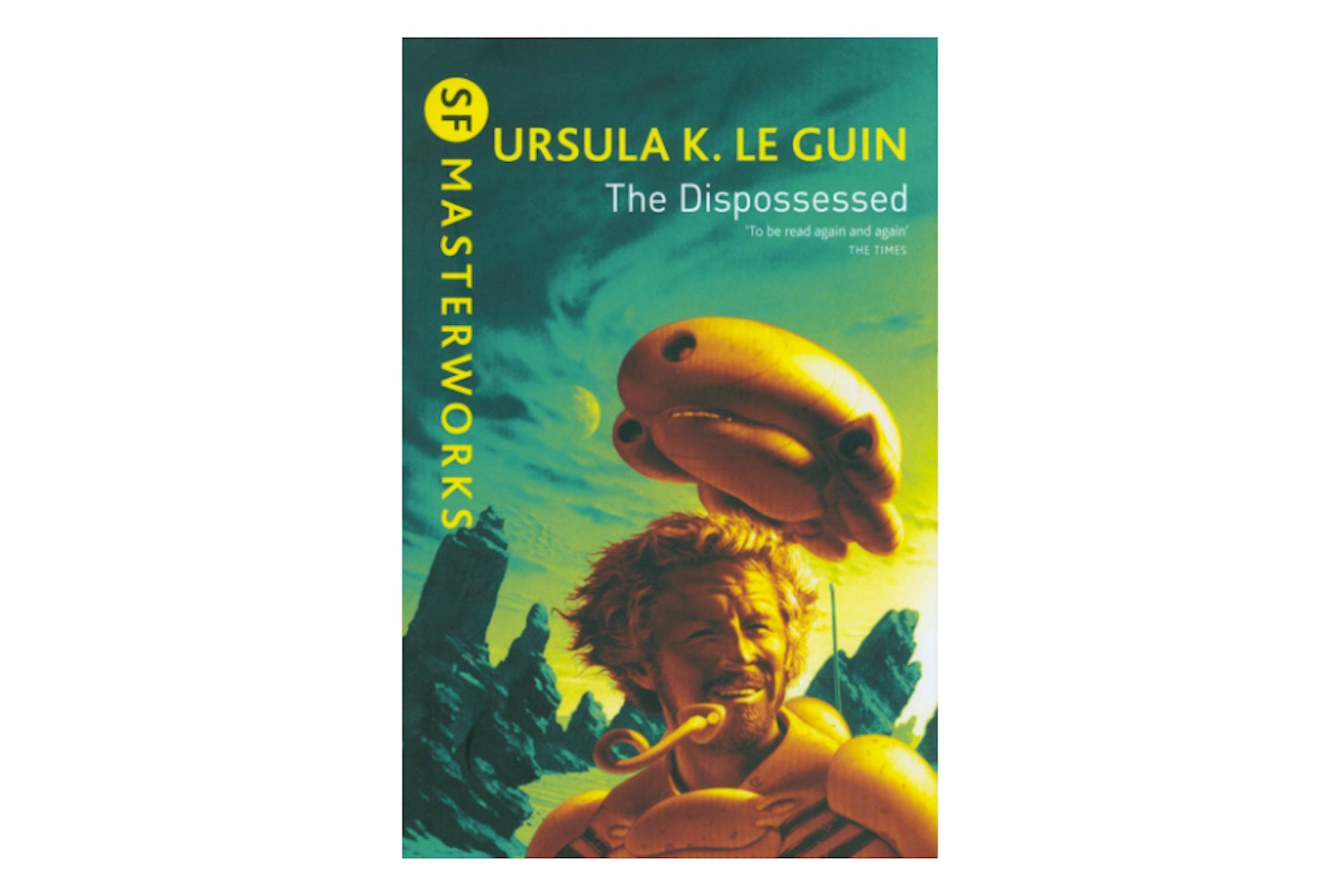 4 of 19
4 of 19The Dispossessed: An Ambiguous Utopia by Ursula Le Guin, 1974
Plot: There are two inhabited worlds in the Tau Ceti. Urras is a planet dominated and split by the capitalistic A-Io, and the communistic Thu, who partake in proxy-wars in a third, underdeveloped region. Their arid sister-planet Anarres is inhabited by the Odonians, a breakaway colony of anarchists, formerly of Urras, who speak a constructed language, free from possessive and egocentric phrasing. Shevek is an Odonian physicist whose Principle of Simultaneity promises to revolutionise the universe's understanding of time and communication, but he feels his work in being restricted by colleagues, so travels to Urras and the A-Io in search of greater freedom – what he finds seems beautiful at first, but soon the cracks begin to show. Read it because: Even though Ursula Le Guin's The Dispossessed is rife with political and philosophical exploration which unflinchingly tests the boundaries of her own personal beliefs in Taoism and anarchism, it's far from a prosaic and cold read. Le Guin's storytelling is sharp, magisterial, funny, thought-provoking and exciting, exhibiting all that science fiction can be. The book won the 1974 Nebula Award for Best Novel, and both the 1975 Hugo and Locus Awards.
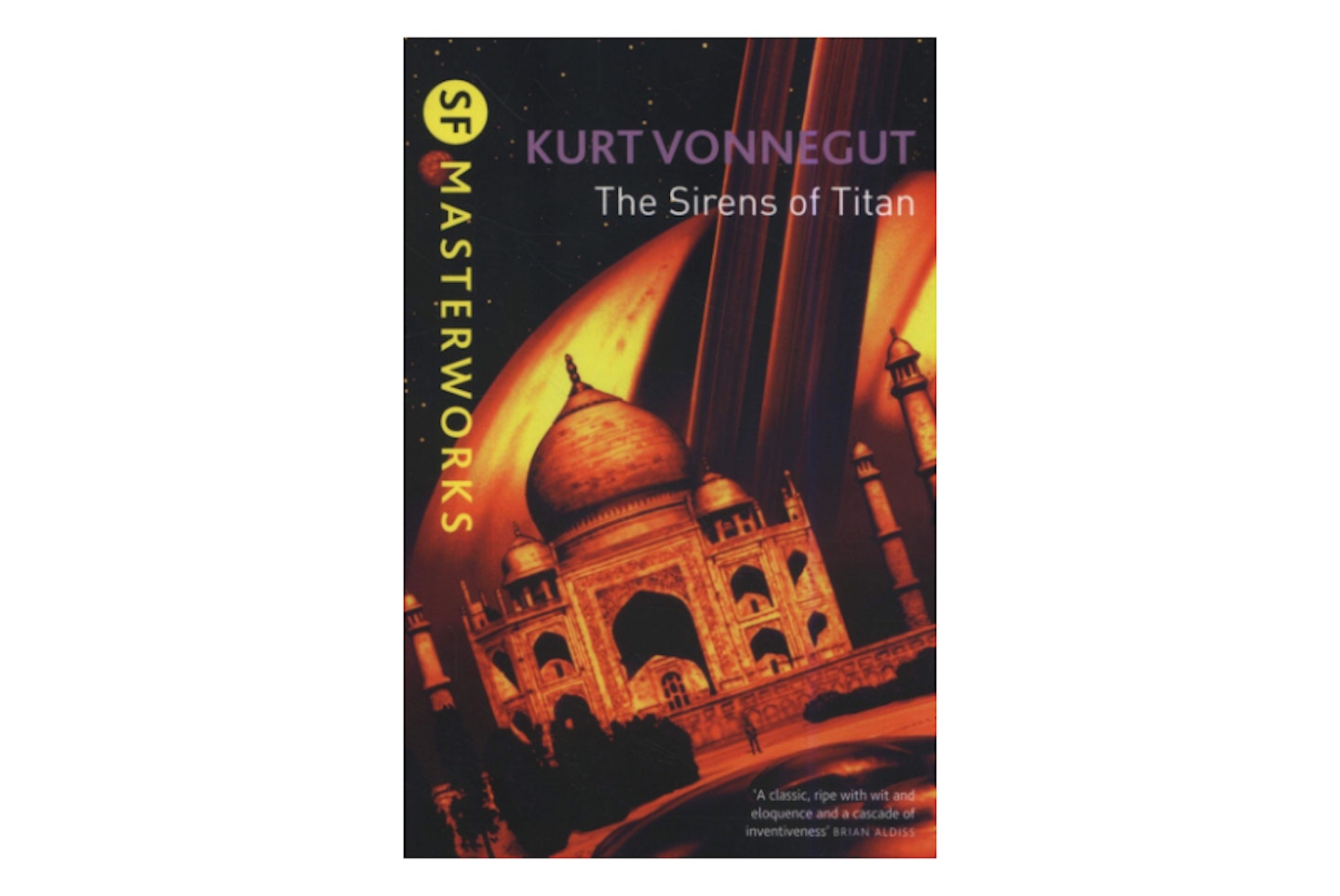 5 of 19
5 of 19The Sirens of Titan by Kurt Vonnegut, 1958
Plot: Mars mounts an attack on Earth and immediately fails. Winston Niles Rumfoord, founder of the 'Church of God the Utterly Indifferent', flies his spaceship into a chrono-synclastic infundibulum and is converted in a para-temporal wave of energy which appears from time to time across the solar system. Malachi Constant, the richest man in America, is sent on a journey that will take him across the solar system. Salo is a robot and Tralfamadorian explorer, stranded Saturn's moon Titan. What links these events and individuals? Well, behind that question may lay the truth to all human endeavour. Read it because: The Sirens of Titan is tour-de-force of sci-fi literature which explores the concept of free will in a deeply ironic and darkly hilarious way, at once functioning as a tale full of joy, cynicism, sarcasm and sentimentality – in other words, it's pure Kurt Vonnegut.
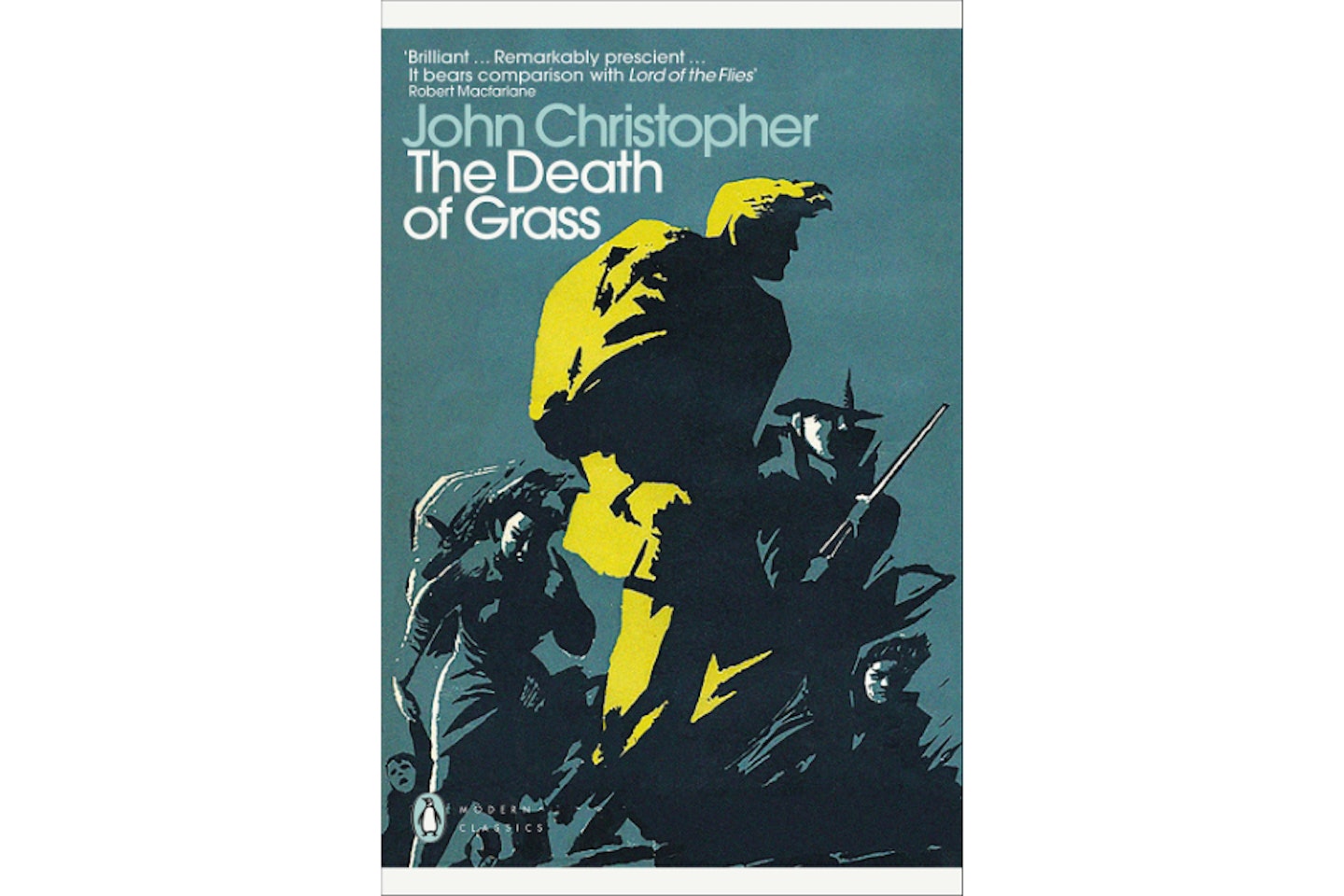 6 of 19
6 of 19The Death Of Grass by John Christopher, 1956
Plot: East Asia has fallen to famine at the hands of a crop-killing virus. A victim of complacency, Western Europe takes little action and Britain soon finds itself brought to its knees by a mutated strain which decimates food supplies. The country falls to archaic chaos and the government turns on its people. Meanwhile, engineer John Custance gathers those closest to him and flees London, hoping to find sanctuary in his brother's isolated valley. While there are those in his troop who struggle to face the new hostile world, others find themselves empowered by moralless wastes of Blighty. Read it because: John Christopher is a marvellous writer. His cool portrayal of Britain falling into apocalyptic amorality is well-observed and convincing, yet it always carries with it odd humour and a Vonnegutian satirical so-it-goes attitude. The plot itself has an obvious poignancy amid the Covid pandemic, and Christopher's portrayal of British inherited arrogance and "that could never happen over here" mentality is chilling in the extreme.
 7 of 19
7 of 19Neuromancer by William Gibson, 1984
Plot: Once a formidable computer hacker, Case now spends his days hustling and taking amphetamines on the street of Chiba City, Japan. His life changes when Molly, a mercenary street samurai, brings him to her boss, Armitage. On the promise of being reinstated as a highly skilled hacker, known as a 'console cowboy', Case agrees to help Armitage fulfil his mysteries mission. After Case gets his hands on a saved consciousness ROM of his deceased mentor Dixie Flatline, he and Molly begin to hunt for the truth behind their employer's orders. Read it because: The tale is an over-the-top sci-fi thrill ride, inhabited with psychedelic cybercrime, augmenting tech-implants, hacker street-gangs, super-AIs, space Rastafarians, mega-corporations, orbital utopias and insane billionaires. William Gibson's Neuromancer was a ground-breaking success and, along with the ensuing Sprawl trilogy, is responsible for kickstarting the Cyberpunk sub-genre and instilling the concept of cyberspace into the popular imagination, inspiring writers and filmmakers the world over.
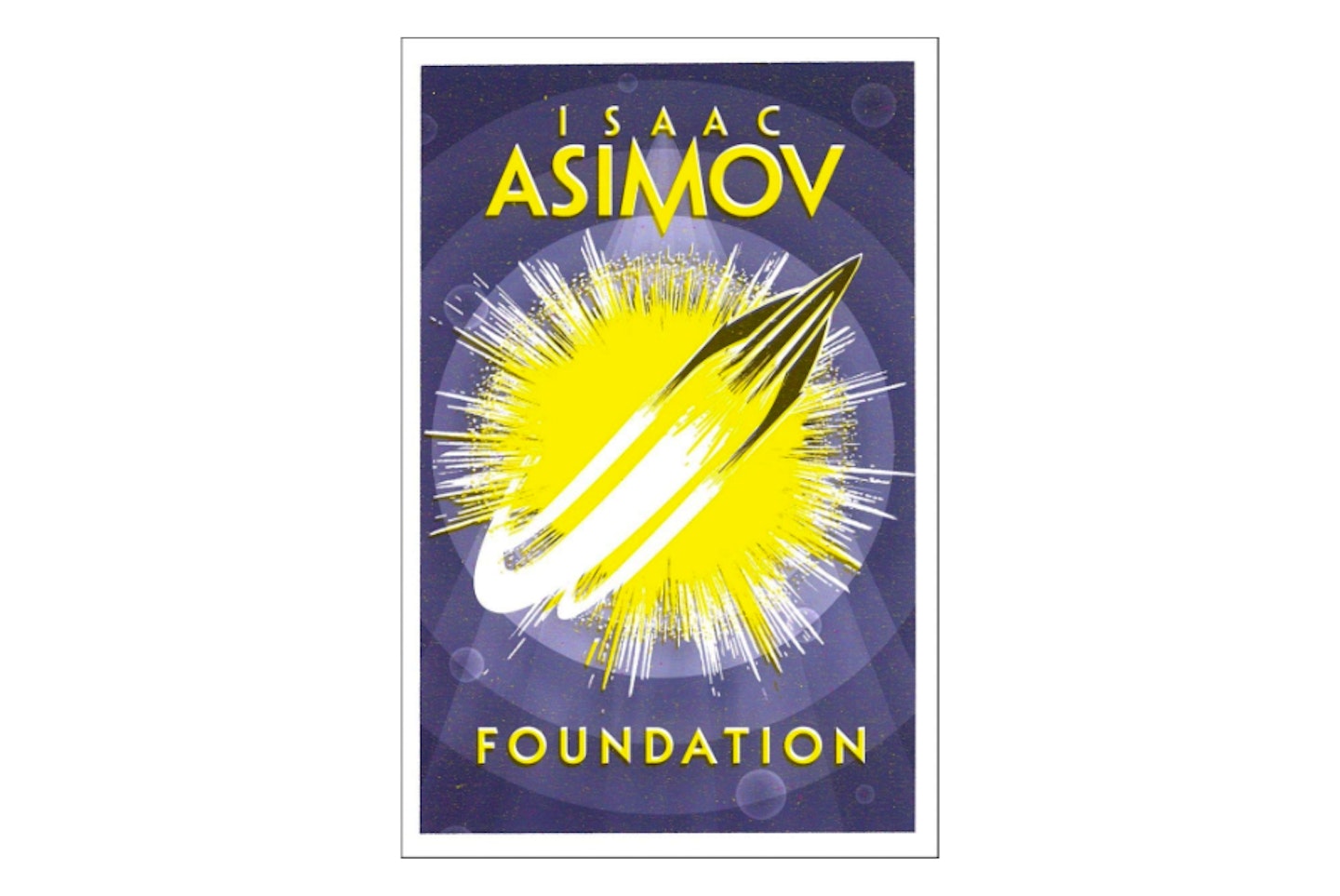 8 of 19
8 of 19Foundation by Isaac Asimov, 1951
Plot: The Galactic Empire is fading. It has reigned for 12,000 years, but it's becoming increasingly clear to psychohistorian Hari Seldon that the Empire is rotten and in time, will fail, leading to a new dark age. Seldon's prediction strikes fear and anger into the hearts of those in power, and he is exiled to the planet Terminus where, along with fellow intellectuals, he establishes The Foundation – a home for all knowledge and mankind. This sanctuary soon finds itself under threat from forces both violent, insidious and political.Read it because: Foundation, as with the ensuing series of the same name, stands tall in the science fiction genre as an ambitious and hugely influential story. Though Isaac Asimov provides his characters with little room to develop, it's the weight and quality of his ideas that carry the reader through the novel, as he explores ideas of with scientific, philosophical, social, political and religious.
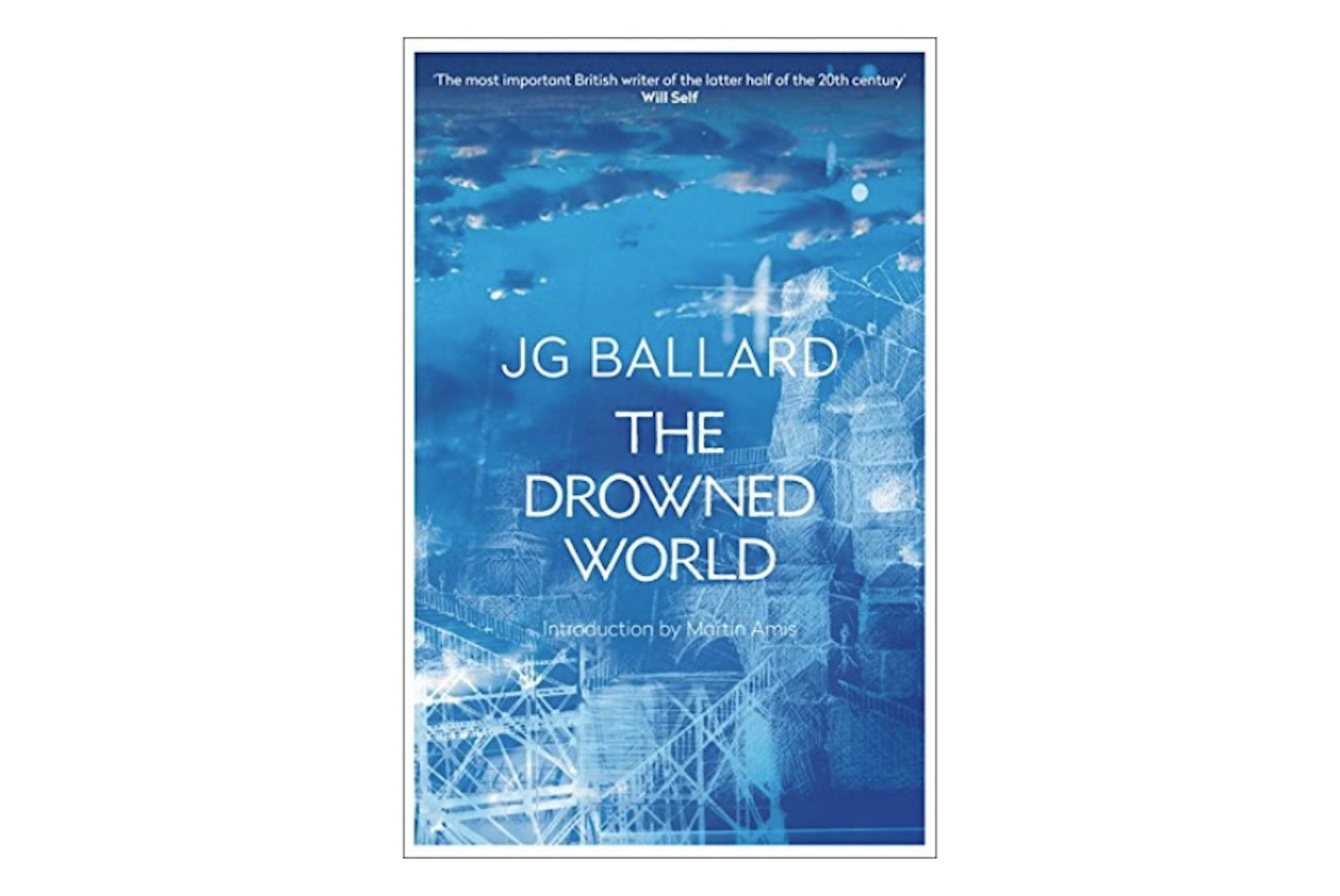 9 of 19
9 of 19The Drowned World by J. G. Ballard, 1962
Plot: London is a submerged swamp, a tropical jungle rich with vegetation and primeval reptiles – this is the world since polar ice caps melted, sending the world into a super-heated neo-Triassic Age. Environmental research scientist Dr Robert Kerans, despite his team's fear of the world, is drawn to the swamps by something unspeakable, intrinsic and regressive. Remaining behind when his research team flees north, Kerans's hunt for isolation is interrupted by the arrival of aggressive pirates, who want to drain the precious swamp in their indefatigable hunt for riches. Read it because: J. G. Ballard's The Drowned World is a compact and weird sci-fi yarn, being at once surreal and visceral. The environmental roots of Ballard's apocalypse are unsettling prescient, and the concurrent exploration of mankind's willingness to seize power in a time of crisis, and unconscious desire to shed the constructs of self are hugely fascinating and massively entertaining.
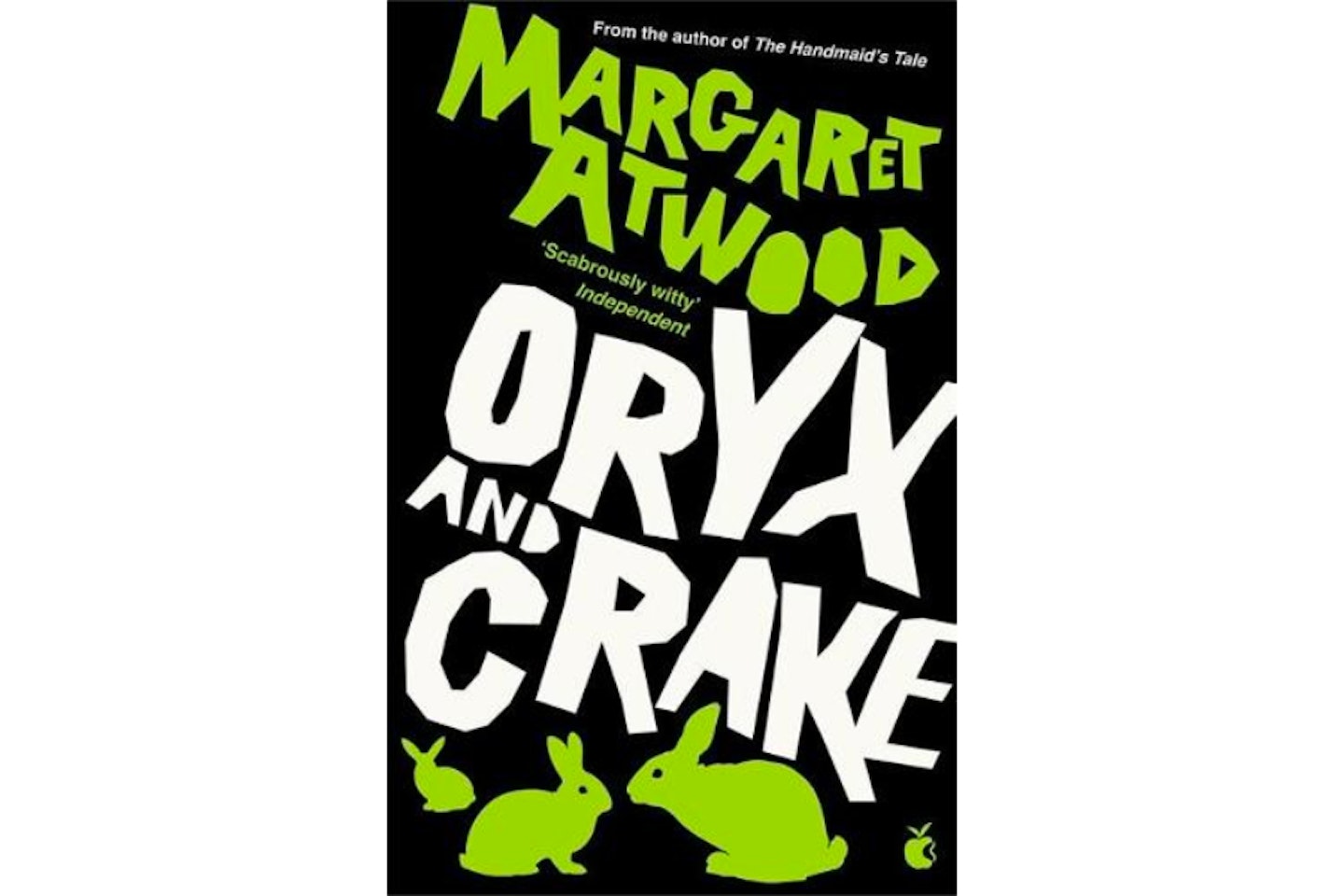 10 of 19
10 of 19Oryx and Crake by Margaret Atwood, 2003
Plot: Snowman might be the last human being, and therefore the only one who remembers the world of multinationals and corporations. Post-plague, all Snowman can do is survive and mourn his lost love - but he is not alone. A new species of humans known as the Children of Crake share this world - flawless beings, free from violence, jealously and sexual desire. As Snowman remembers the pre-apocalyptic world, the current state of affairs takes on new meaning, and the reader's view of Snowman undergoes dramatic revelations. Read it because: Margaret Atwood possess a prophetic, enthralling and terrifying mind for sci-fi and speculative literature. Oryx and Crake takes on huge themes effortlessly, including the curse of consumerism, the dehumanising effects of technology, what it means to be human and the importance of art. It's a worthwhile read as a standalone sci-fi tome, but if the world strikes a chord with you, the book is the first instalment of the MaddAddam trilogy.
 11 of 19
11 of 192001: A Space Odyssey by Arthur C. Clarke, 1968
Plot: The monolith travels through space, hunting for opportunities to develop intellectual life. Arriving in prehistoric Africa, the monolith passes the knowledge of tools to ape-men. After initially using the tools for survival, ape-man Moon-Watcher uses the tool to kill a rival leader. In this first instance of technology being used for ill-gain, Arthur C. Clarke sets the tone for the remainder of 2001: A Space Odyssey. Read it because: Clarke uses the surreal and highly imaginative narrative structure of 2001 to explore many thought compelling themes, including evolution and AI, and further the awareness of now ubiquitous sci-fi ideas, including suspended animation. This novel was written in tandem with Stanley Kubrick's screenplay, with the two minds sharing ideas between them. While Kubrick's film is an indisputable classic, Clarke's novelisation helps to explain some of the films more psychedelic and less forthcoming points.
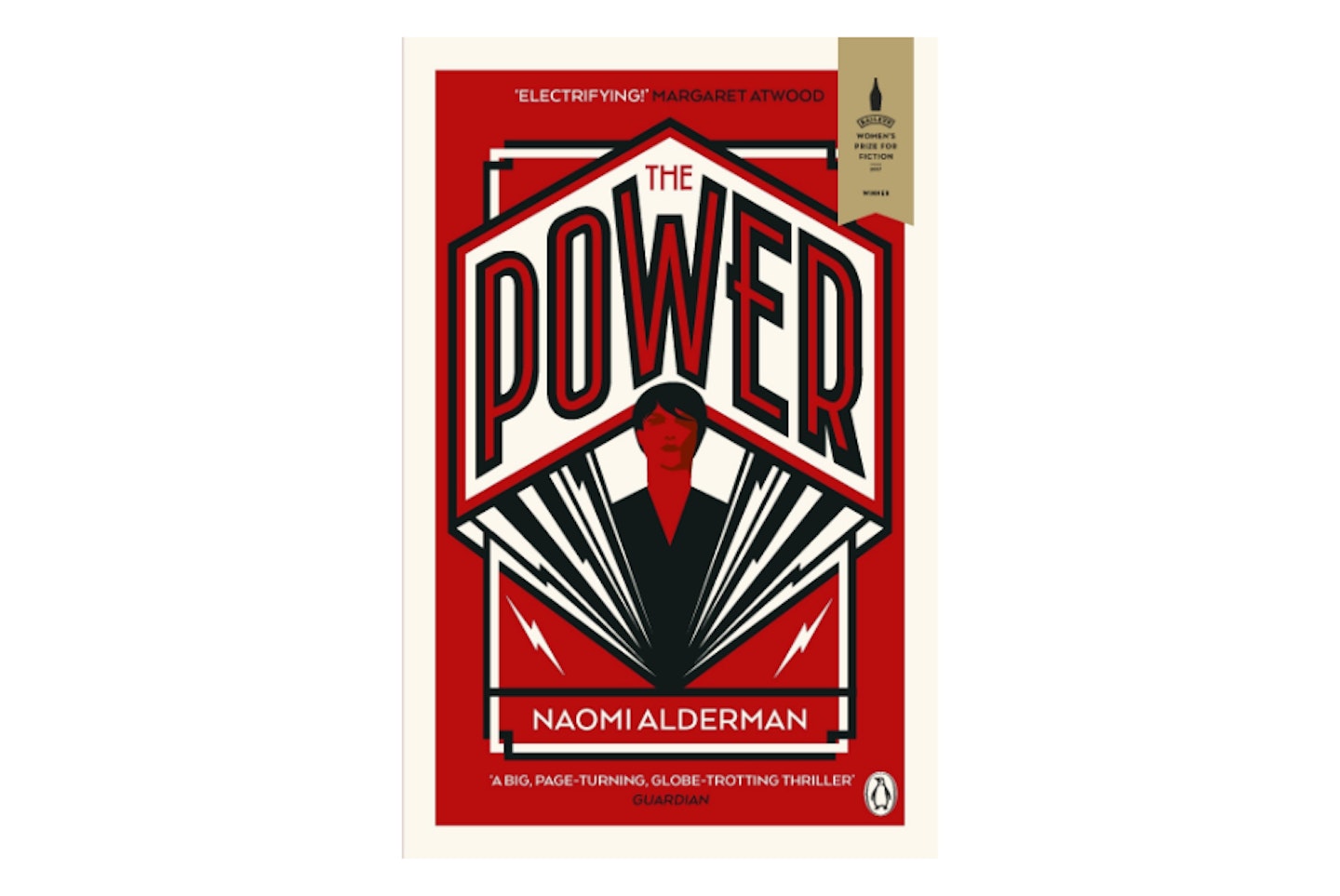 12 of 19
12 of 19The Power by Naomi Alderman, 2016
Plot: 5,000 years from now, a man writes a story. It's a historical fiction, which tells of how, slowly, it emerged that women were developing a power – a power that allowed them to protect themselves with fields of electricity. As this power grew more widespread, and it became clear that men could no longer claim any dominance, the landscape of the world began to change dramatically. But was it for the better, did this new power redress the imbalance of the world, or did it take society down a much different path? Read it because: This modern sci-fi thriller from Naomi Alderman is an enthralling read, which is as uncomfortable and disconcerting as it is entertaining and engaging. The rights for The Power were picked up by Amazon, with a TV adaptation on the way soon (hopefully).
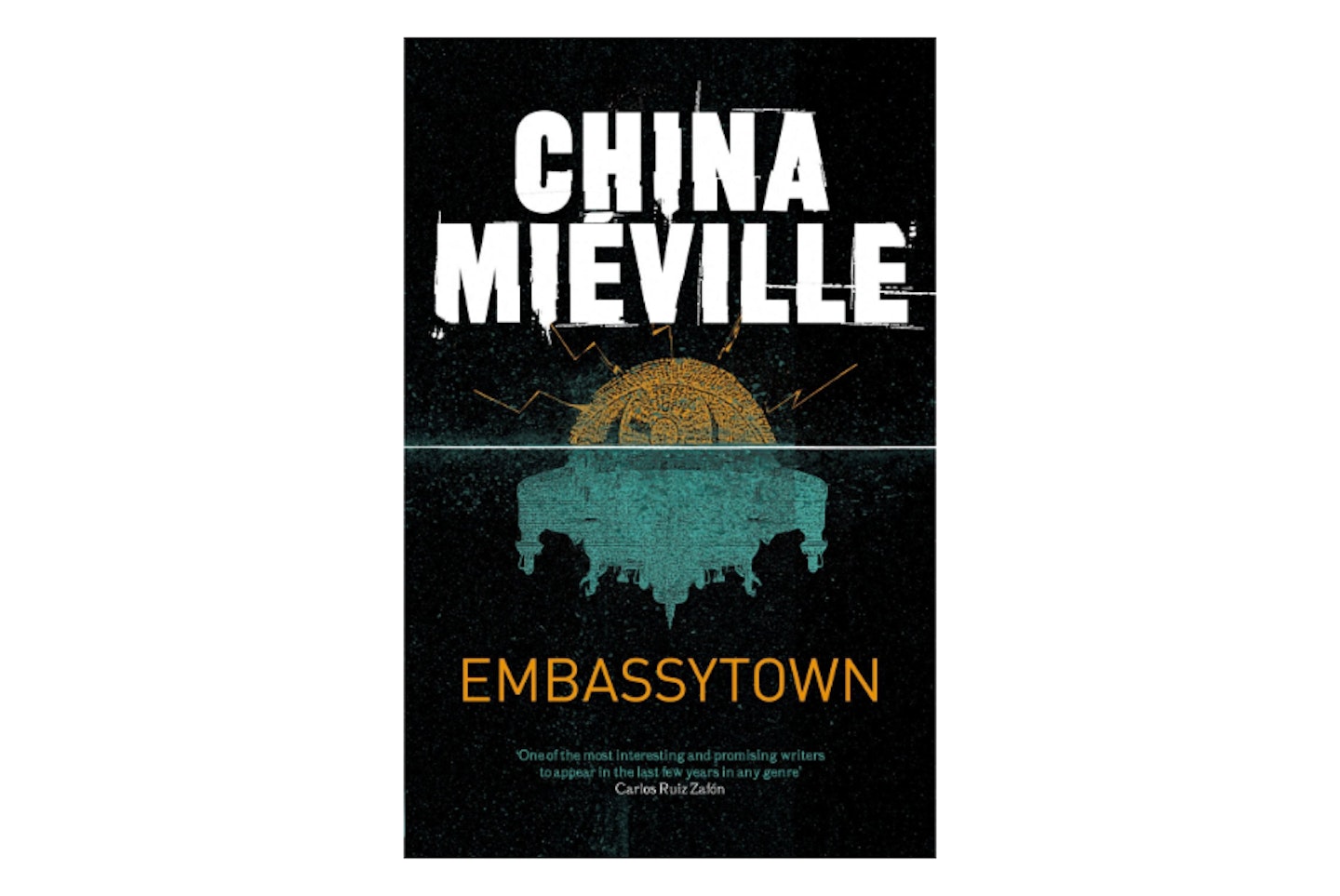 13 of 19
13 of 19Embassytown by China Miéville, 2011
Plot: Embassytown is a city existing on the very edge of the known universe. Here, humans co-exist with a mix of extra-terrestrials and the Ariekei, a race with the ability to speak Language, a method of communication which involves speaking two words simultaneously. The only way to communicate with the Ariekei is via genetically engineered twins, known as Ambassadors, who speak from one mind with two mouths. Due to their reality and language, the Ariekei cannot lie, and find witnessing anything close to an untruth exhilarating. The alien races have lived in peace for years – however, when a new pair of Ambassadors arrive, they speak such untruths that the whole balance of Embassytown is thrown into turmoil. Read it because: China Miéville, purveyor of the New Weird literary movement, creates a world and tale like no other in Embassytown. Not only is the novel laced with dozens of sci-fi concepts, each with enough promise to warrant their own books alone, but it both explores and demonstrates the power that language holds to control how we see our own lives and society. It sounds heavy, but it's an enjoyable and memorable ride.
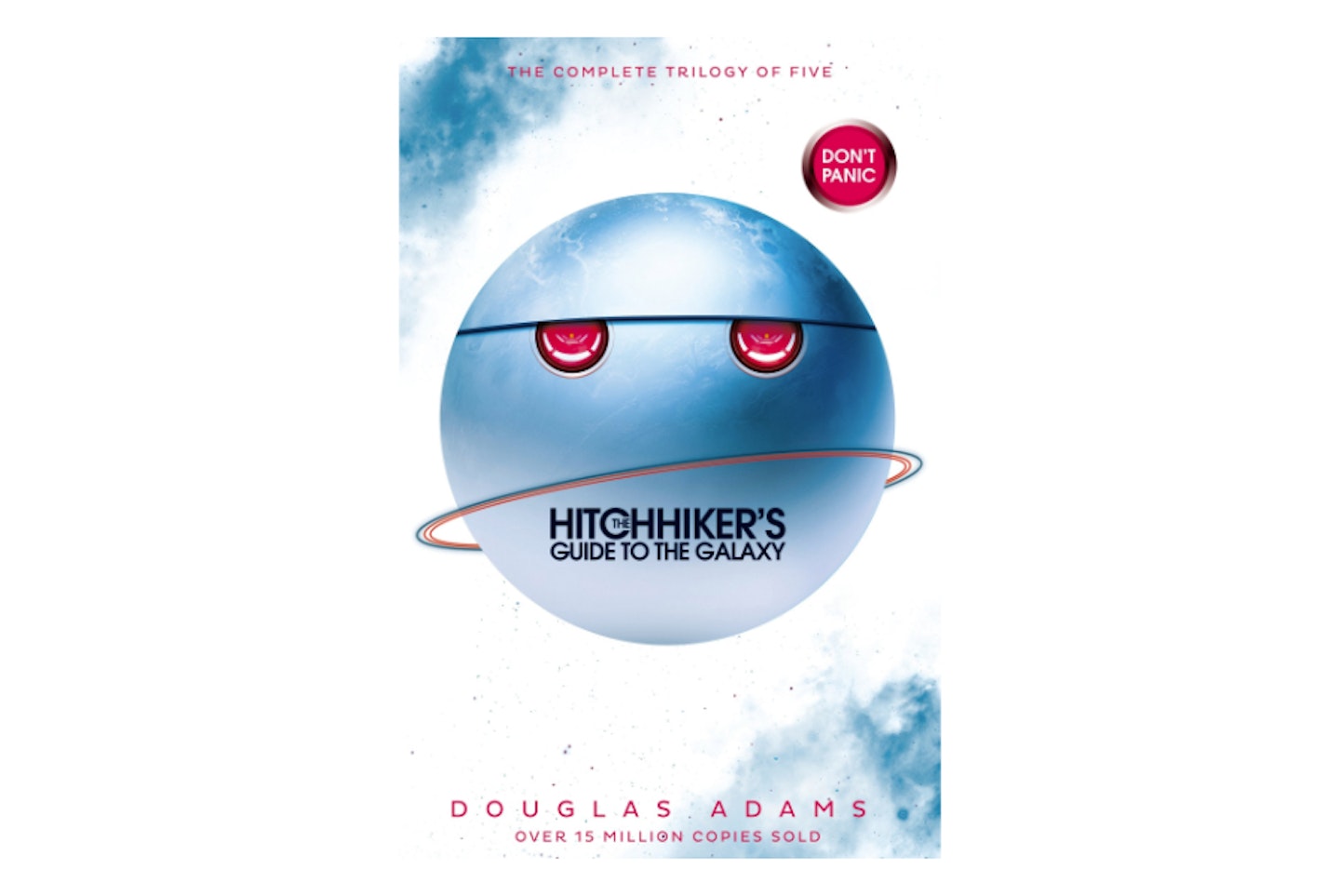 14 of 19
14 of 19The Hitchhiker’s Guide To The Galaxy, 1979 - 2009
Plot: When the Earth is destroyed to make way for a new bypass, Arthur Dent finds himself out of sorts. Thankfully, he was rescued by Ford Prefect, friend, alien and researcher, who is gathering up all the information he can for his 'Hitchhiker's Guide to the Galaxy'. With nought but his friend and his bathrobe, Dent spends the following years zipping from ship to planet, encountering alien lifeforms of every imaginable ilk who are willing to help, hinder and insult him on his quests across the galaxy. Read it because: Few sci-fi writers had a way with words like Douglas Adams – channelling both the sublime and the ridiculous, fanciful far-out ideas swirling among none-more-British humour. It's deeply smart and deeply silly, endlessly inventive, with a host of loveable characters in Earthlings Arthur Dent and Trillian, Marvin the Paranoid Android, and alien semi-half-cousins Ford Prefect and Zaphod Beeblebrox. And it still finds time to ask the big questions: what's at the end of the universe? Is anything worse than Vogon poetry? And why do British people love to drink boiled leaves in water?
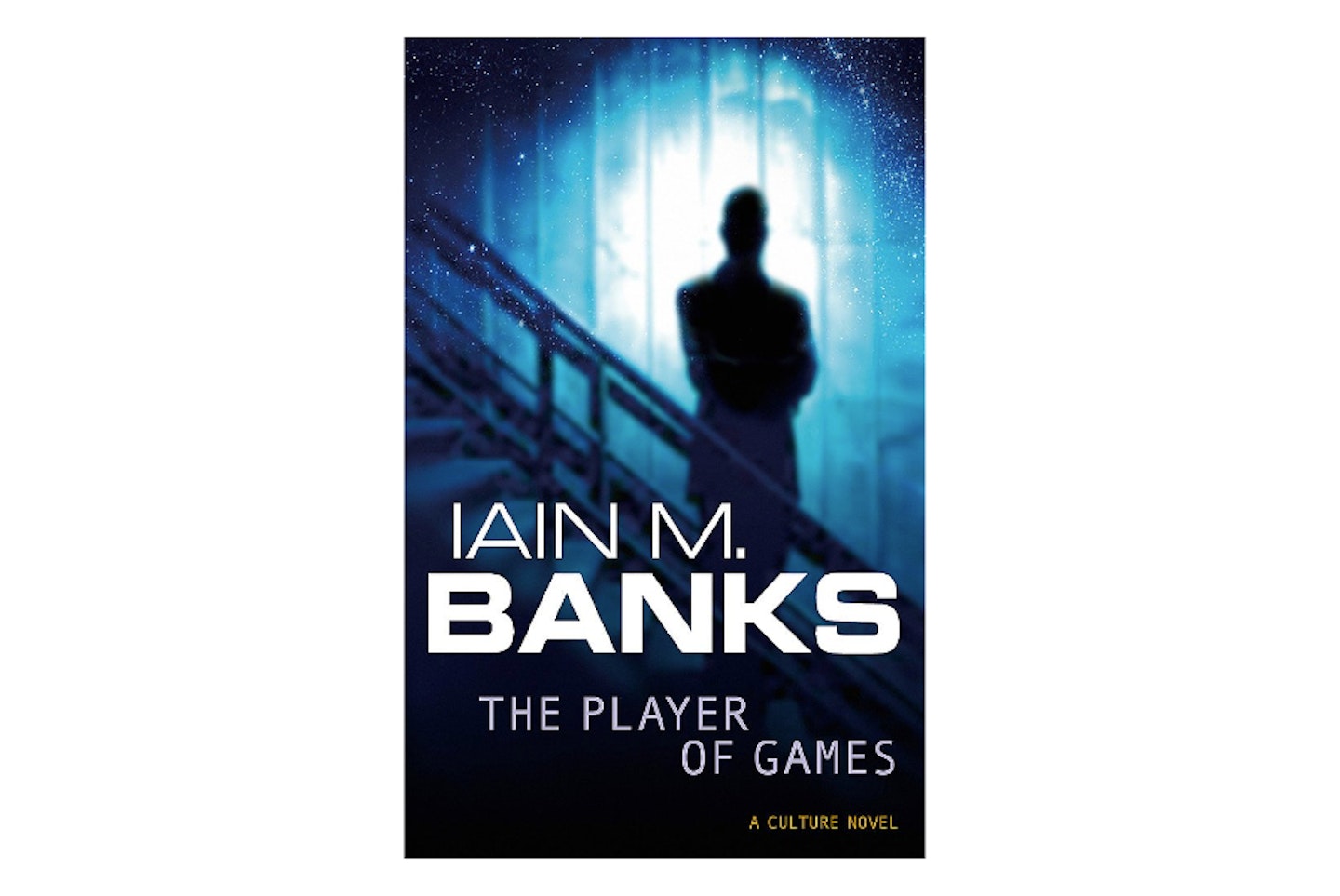 15 of 19
15 of 19The Player of Games by Iain M. Banks, 1988
Plot: Jernau Morat Gurgeh is the most acclaimed gamer player in The Culture, a human/machine symbiotic and quasi-utopian society, and he's bored. In an effort to escape his inertia, Gergeh accepts an assignment to travel across hyperspace in order to play a brutal and complex game that sits at the very core of the Empire of Azad's identity. But how will an arrogant, aggressive and deeply flawed society take to this holier-than-thou interloper from another world?Read it because: Banks is an intelligent and humorous writer (birdwatching sentient drones, anyone?) who deconstructs society and identity with surgical precision and a slapstick wit. The Player of Games is also a nice way into the expansive and hugely popular Culture series, a collection made up of standalone novels set within the same fictional universe.
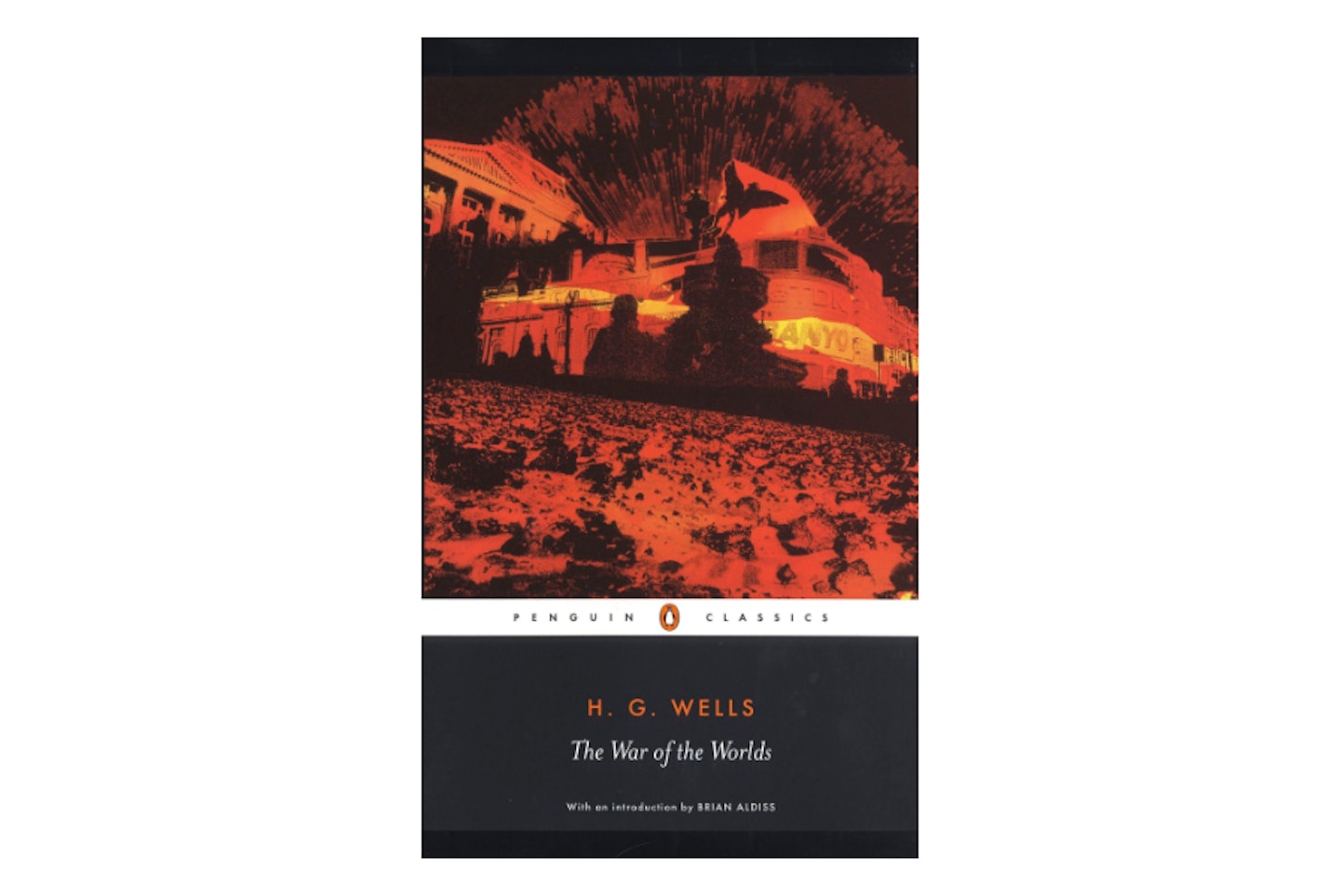 16 of 19
16 of 19War Of The Worlds by H.G. Wells, 1898
Plot: Following the sighting of a shooting star, a cylinder is discovered on London's Horsell Common. When the initial onlookers are vaporised by the emerging invaders, the British people realise that the Martian threat is real, unrelenting and merciless. As the threat and death spreads across the country, and as the Martians begin to feed on their prisoners, hope seems all but lost. Yet, salvation can be found in the smallest and most unlikely of places. Read it because: There's a reason H.G. Wells' alien invasion story keeps being re-adapted time and time again, and it's not only because of the brilliant characters, like the traumatised Artilleryman, difficult Curate, or rational Ogilvy. Its central fear, of hidden invaders waiting to attack when we least expect it, remains pertinent, while the iconic imagery of the Tripods and the notion of invading Martians can be felt throughout the century-plus of science fiction that followed.
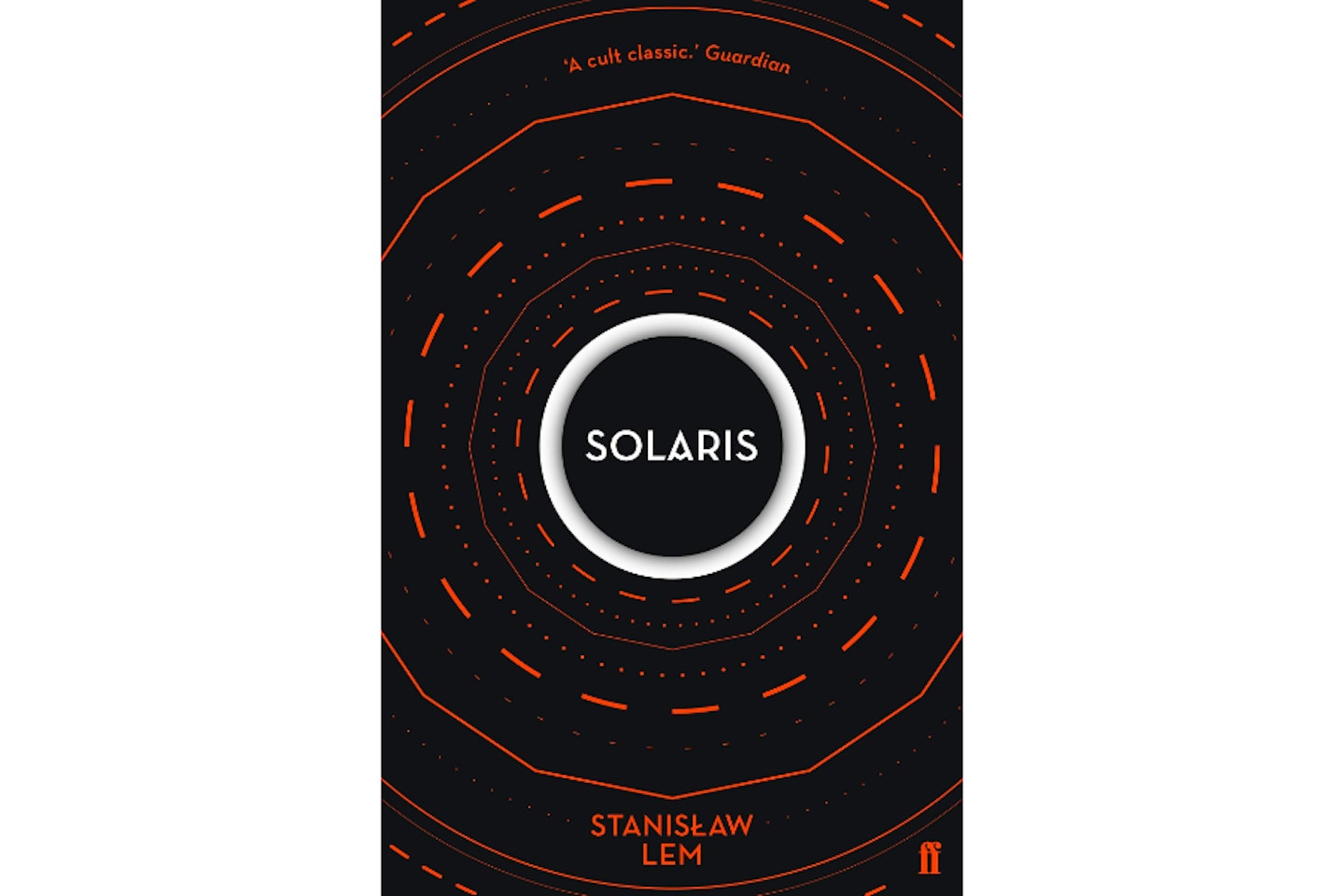 17 of 19
17 of 19Solaris by Stanislaw Lem, 1961
Plot: The distant planet of Solaris is home to a single, oceanic entity. Floating just off its surface and dedicated to understanding and communicating with the life form is the research base Solaris Station. While observations are endless, any effort to truly understand the being on Solaris is futile. Out of desperation, the crew expose the entity to a powerful X-ray. In response, the entity enters the psyches of the Station crew and brings them face-to-face with figures drawn from the recesses of their minds. Read it because: A hugely influential work, Solaris explores the limits of the human mind in the face of extraterrestrial contact. With care, poise and intelligence, Stanislaw Lem avoids tropes of little green men and UFOs, instead offering readers the truly unknowable and unsettling.
 18 of 19
18 of 19Never Let Me Go by Kazuo Ishiguro, 2005
Plot: Our narrator, Kathy H., is a carer for organ donors, and has been for twelve years. Now 31, and following an encounter with figures from her past, Kathy reminisces with new eyes on her time at Halisham, a boarding school where the pupils were watched and guided by their pseudo-teachers, known as 'guardians'. As she begins to revaluate the past of herself and those closet to her, the unbearable but undeniable truth hidden in the walls of Halisham can no longer go unheeded. Read it because: It's one of the most deeply human science fiction stories ever written, one whose genre elements remain initially buried before crashing in for devastating effect. Like the best sci-fi, it uses its fantastical elements (here not so implausible) to probe the human condition – the existence of the soul, the inevitability of death, and other such weighty topics. Think Blade Runner in a British boarding school.
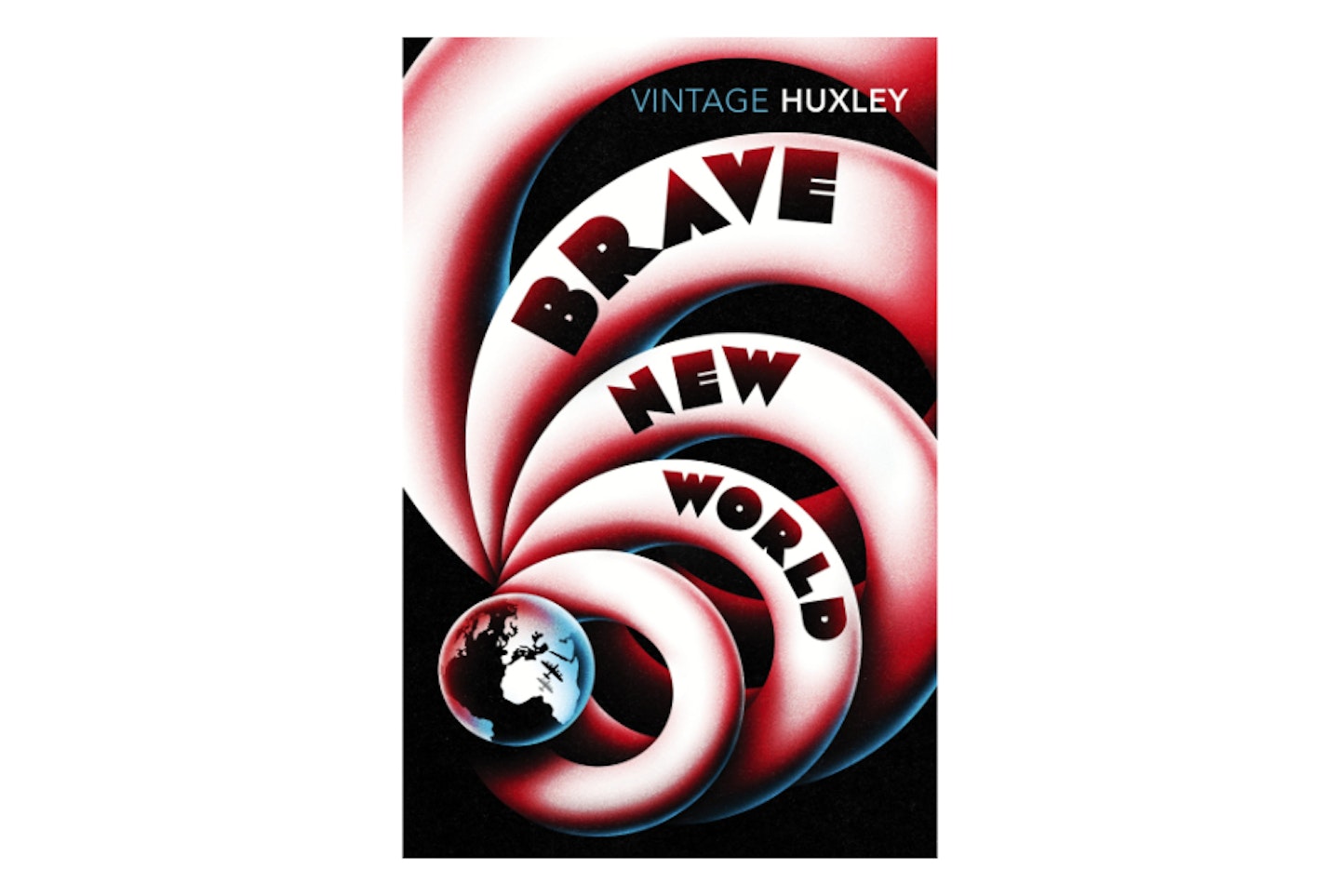 19 of 19
19 of 19Brave New World by Aldous Huxley, 1932
Plot: How do you build an ideal society? With brainwashing, intensive social hierarchy, extensive genetic engineering, and recreational sex and drugs, according to the World Controllers. But Bernard Marx feels restless and can't work out why. After visiting one of the last Savage Reservations, he begins to realise the root of his discontent – his need for truth through imperfection. But will this belief result in revolution, repression, or something much more complicated? Read it because: Before Aldous Huxley opened his doors of perception as an LSD-adventurer, he wrote a great many novels, including one of the finest science fiction dystopias of all time. Brave New World is a timeless work, reading as though it could've been finished only weeks ago. While formulating a compelling techno-futurist romp, Huxley manages to explore and challenge notions of happiness, sadness and struggle in an accessible and unforgettable way.
READ MORE: The Best Sci-Fi Games
READ MORE: Books Which Inspired Film And TV Adaptations
READ MORE: The Best Sci-Fi T-Shirts
